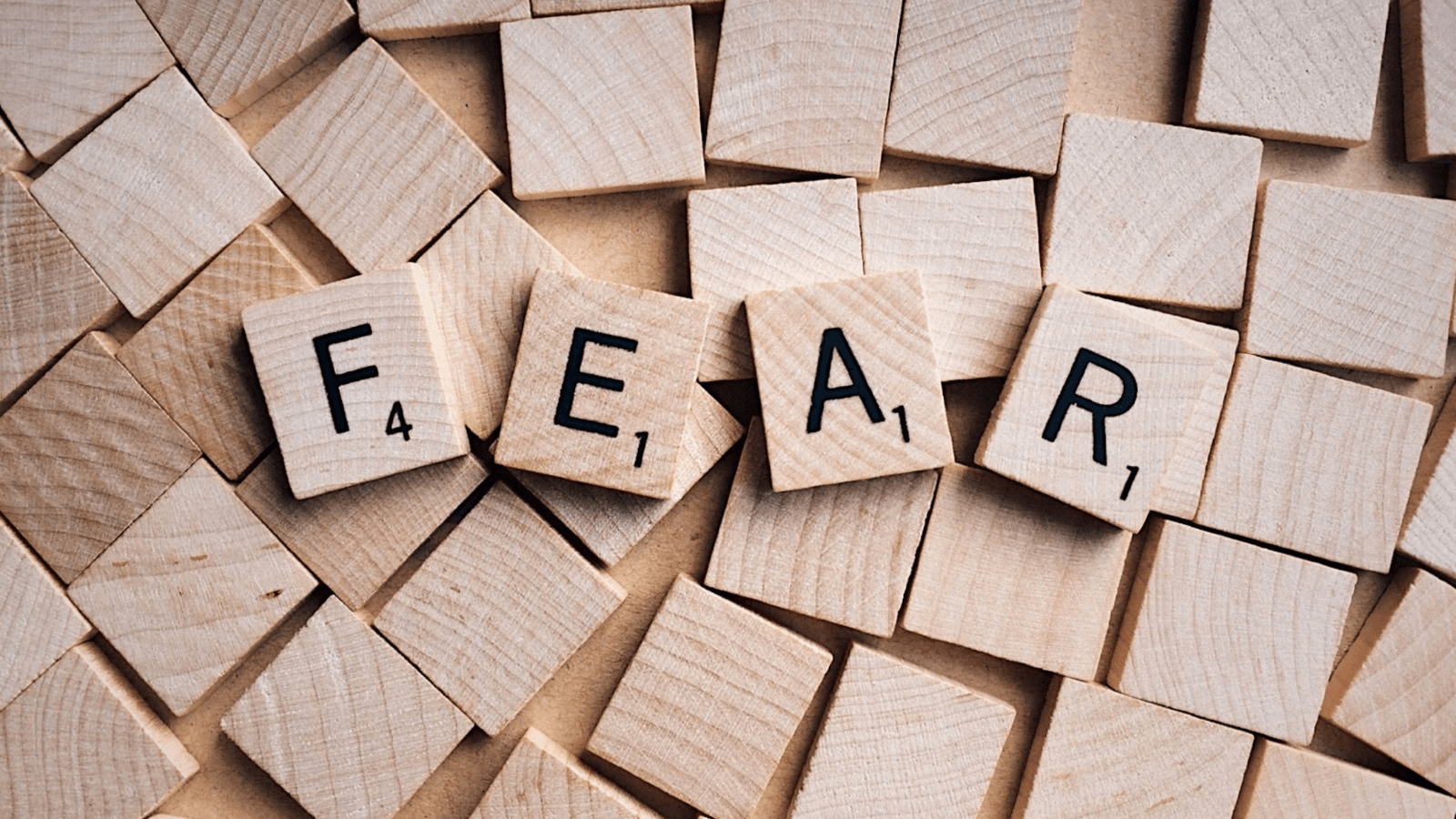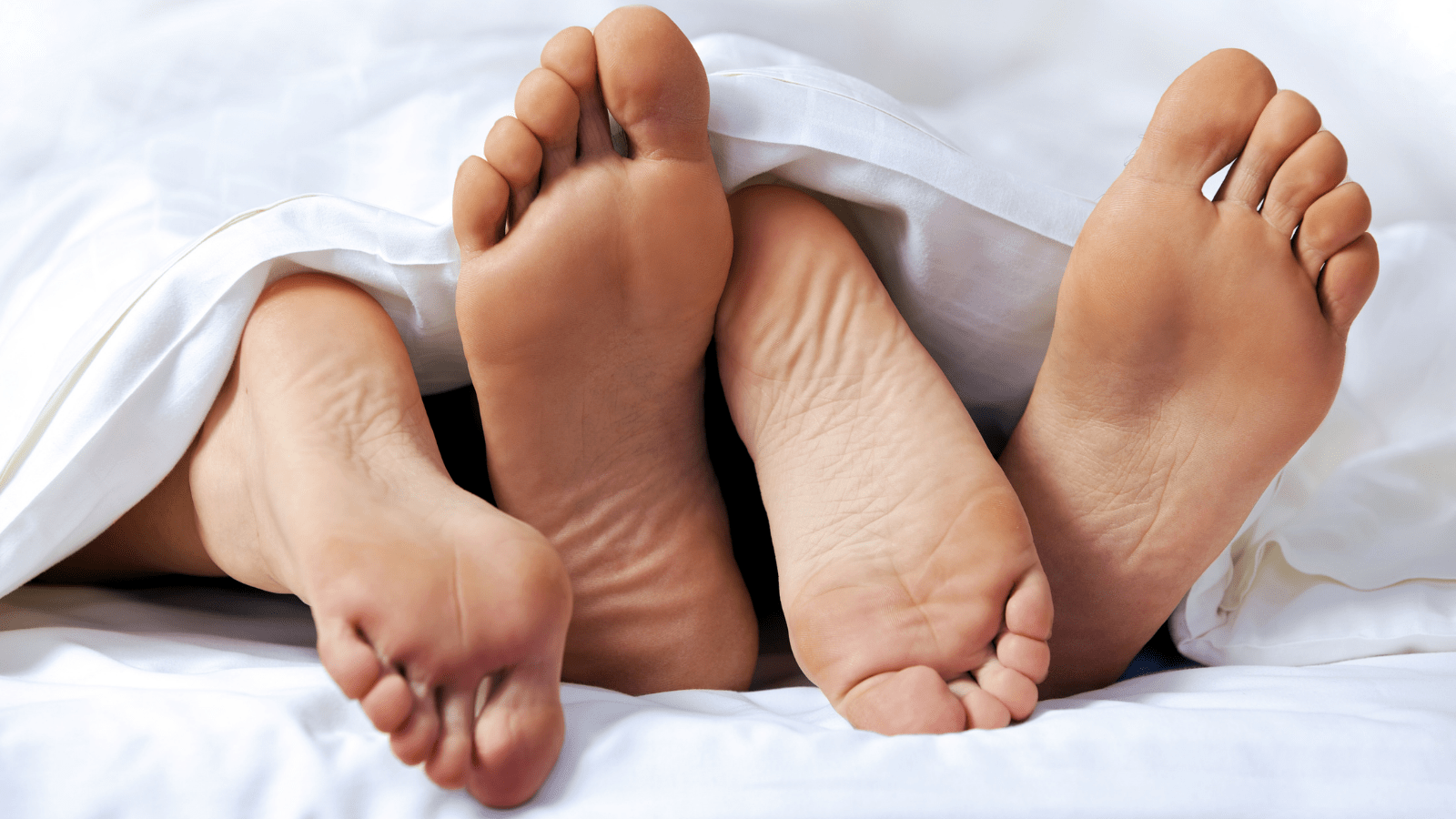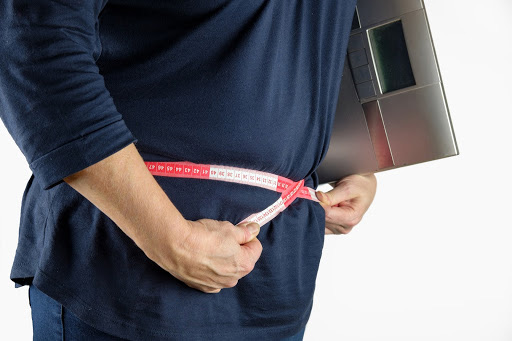
Have you tried to lose weight and feel like you’re getting nowhere? If so, it may be that your hormones are at fault.
When men try to lose weight, they often focus on factors outside of their body, such as exercise and diet. But just as important are the factors inside your body. One such factor that is only now starting to get the attention it deserves is hormones.
Think of hormones as your body’s computer programming. Hormones act like chemical software codes that tell your body how to coordinate and control various physiological processes. Your hormonal system is complicated—over 60 different hormones work to regulate your body—and experts are only starting to understand how they impact health.
When it comes to weight loss, scientists have identified a few key hormones that play an integral role in this process. When these hormones are out of balance, even a good diet and exercise routine might not get you over your weight loss hurdle. But fear not—with just a few tweaks, you can hack your hormone code and supercharge your weight loss journey.
1. Ghrelin

Do you constantly feel hungry? If so, you have the hormone ghrelin to thank for that. Ghrelin, often referred to as the “hunger hormone,” is produced by your gut and its job is to tell your brain its time to eat. When your stomach is empty, your ghrelin level goes up and rings the dinner bell. When you eat and your stomach is full, your ghrelin level goes down and so does your fork.
But here’s the rub: eating isn’t the only thing that impacts ghrelin, it also responds to stress. When you are deprived of food, your body experiences stress, ghrelin increases, and you seek out sustenance. However, this same process happens when you experience other types of stress that have nothing to do with skipping a meal. Chronic stress has been shown to increase ghrelin, causing people to eat more food and gain more weight.[1] No wonder why overeat after a particularly stressful day.
Hormone Hack: There are two simple ways to keep your ghrelin in check. First, eat smaller meals throughout the day, especially ones that include high-fiber and high-protein foods to keep your stomach feeling fuller longer. Second, you can decrease your ghrelin by engaging in stress-reduction techniques like meditation[2], getting a full night’s sleep[3], or exercise[4].
2. Leptin

Leptin is a hormone that works hand-in-hand with ghrelin to control your appetite. Leptin is produced by your fat cells and when it is released, it signals to your brain you have stored enough fat. As a result, you feel full and stop eating. So if ghrelin is your appetite’s go-signal, leptin is its stop-signal.
But as we gain weight, things get more complicated. As endocrinologist Dr. Scott Isaacs states, “as you start to develop obesity, you start to become resistant to leptin. So you may have high levels of leptin, but the brain isn’t registering that.”[5] As a result, you keep feeling hungry and keep eating far past the point that is necessary. As a result, your leptin resistance sets you up for weight gain, cardiovascular disease, and diabetes.
Hormone Hack: Think protein. Whereas obesity makes you less sensitive to leptin, eating protein makes you more sensitive.[6] And while you are at it, cut down on the carbs as well, since triglycerides impair the transport of leptin.[7] Beyond diet, exercise[8] and sleep[3] are two healthy habits known to improve your body’s response to leptin
3. Cortisol

Did you know that when you are stressed, it is practically impossible to burn fat? That’s because when your body is stressed, it produces cortisol and cortisol tells your body to hold onto fat, especially that all-annoying fat around the belly.
Cortisol is a stress hormone that naturally peaks in the morning, levels out throughout the day, and drops at night. But when you are exposed to chronic stressors—say work stress, relationship stress, or a global pandemic—your cortisol stays high. This hormone change causes your body to redistribute body fat to your middle, break down muscle and bone, and raise blood sugar, all in an attempt to prepare you for fight or flight.
Hormone Hack: Stress management is key to keeping cortisol low.[9] Your body doesn’t care how you do it—meditation, a morning jog, a nature hike, a warm bath, herbal tea, socializing with friends—as long as you do it. Also consider taking “adaptogens” which are supplements known to calm your body and make it more resilient to stress.[10] These include ashwaganda, rhodiola and L-theanine, all which lower cortisol.
4. Insulin
If you frequently crave sugar and feel like a meal isn’t complete without dessert, there’s a good chance you’re suffering from insulin resistance. Insulin is the hormone that keeps your blood sugar in check. When you eat too much sugar or simple carbs (which your body easily converts into sugar), your blood sugar spikes. Your body then produces insulin, whose job it is to funnel the sugar out of your blood and into your cells.
Overtime, consuming too much sugar makes your cells insensitive to insulin, which in turn blocks sugar from entering your cells. That sounds like a good thing but it’s not. This tricks your body into thinking you aren’t getting enough sugar, even though your blood is flooded with it, and as a result you crave sugar even more. When that happens, you have become insulin resistant and it becomes harder to lose weight.
Hormone Hack: When it comes to consuming carbs, slow is the key word. Instead of fast-burning carbs that spike your insulin levels, you want nutrient-dense carbs that take a long time to digest, thereby stabilizing your body’s delicate balance between insulin and blood sugar. Steer clear of sugars and white carbs (i.e., white bread, white potatoes, white rice) and look for slow carb foods (i.e., foods low on the Glycemic Index) like quinoa, nuts, beans, and sweet potatoes.[11]
5. Testosterone

When you hear the word “testosterone” you probably think of sex, but this hormone has impacts that reach far beyond the bedroom. Testosterone helps your body burn fat and build muscle. So when testosterone is low, it becomes nearly impossible to lose weight.
Low testosterone in men is more common than you think. A recent study found that over the last three decades, testosterone levels declined by over 30 percent.[12] In fact, low testosterone has become such a common problem, 1 in 4 men over the age of 30 suffer from it.[13]
Hormone Hack: Stress has a major impact on your testosterone, so getting your stress under control is vital. You can also boost your testosterone naturally by improving diet and sleep, or via testosterone replacement therapy. But if you chose the latter approach, make sure you read my article on what to discuss with your doctor before starting testosterone first so that you are fully prepared for what’s in store.
6. Melatonin

Melatonin is known as the sleep hormone, but new research shows it also has an impact on weight gain. For example, one study found obese participants who took 5 mg of melatonin nightly for six months reduced their body mass index by 5 percent.[14]
Hormone Hack: Sleep is your body’s prime time for hormone regulation. If you aren’t getting enough of good-quality sleep (meaning 7-8 hours every night), you are depriving your endocrine system and setting yourself up for weight gain (as well as a whole host of other health issues). To help your body make its own melatonin, practice good sleep-hygiene by avoiding computer/cellphone screens an hour before bedtime and cranking your air conditioner to 66 degrees. If good sleep still eludes you, consider supplementing with 3-5 mg of melatonin per night.
7. Growth Hormones
During puberty, your pituitary gland floods your body with growth hormones. But most don’t realize that growth hormones continue to play an important role in your health long after your acne clears and your voice stops cracking.
As an adult, your pituitary gland is responsible for producing human growth hormone (HGH) and insulin-like growth factor (IGF-1). These two growth hormones play a vital role in breaking down fat so that it can be used for energy and muscle building. When these hormones are in short supply, the scale begins to creep up.
Hormone Hack: Boost your own growth hormones by supplementing with peptides. Peptides are short strains of amino acids found naturally in the body and they serve as building blocks for protein. To learn more about this topic, check out this article where I outline which peptides are most effective for weight loss. And in addition to peptides, consider adding HIIT and/or resistance training to your exercise routine since both have been shown to boost IGF-1.[15]
The Bottom Line
If you feel like you’ve tried every diet and exercise program in the book and are still struggling to lose weight, there may be a problem with your inner computer code. The good news is with a few simple hacks, you can get your hormones back in line and supercharge your weight loss journey.
Ready to take the next steps?
Download the Blueprint
Schedule a Call
**************************
Want even more hacks? Check out this article on 5 simple things you can do TODAY to normalize your hormones.

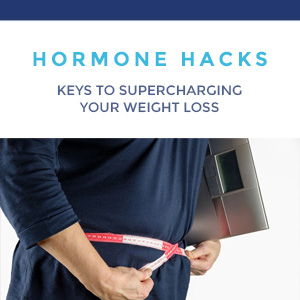


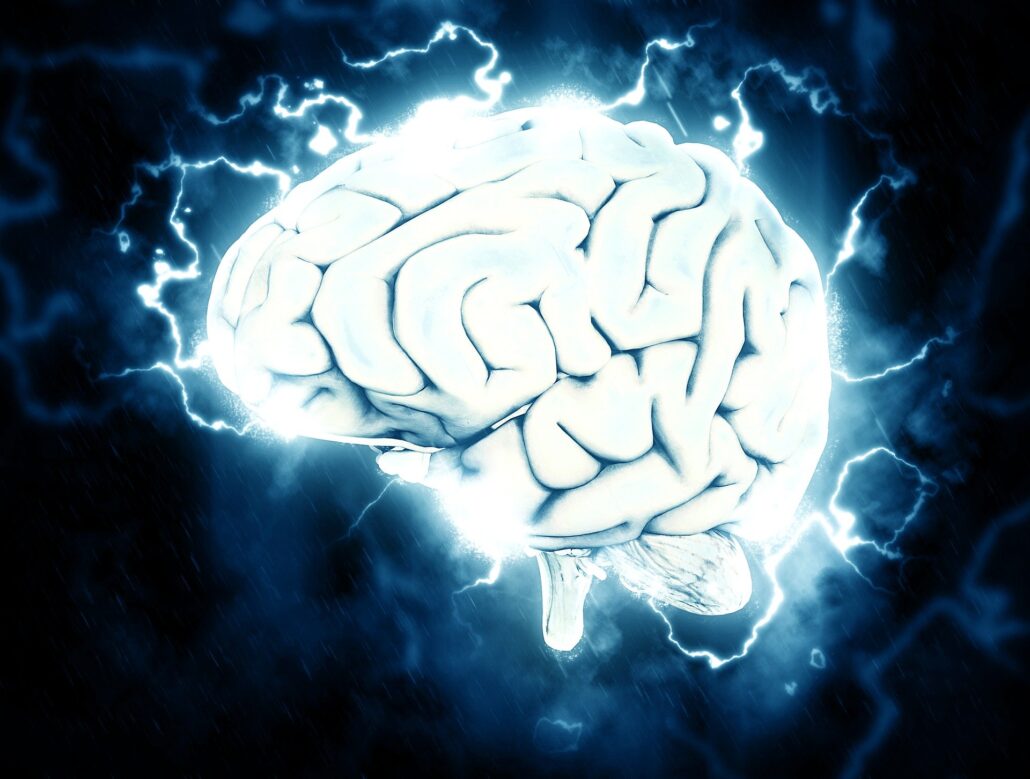






 In Male 2.0™, Dr. Tracy Gapin has turned everything we once thought we knew about men’s health and performance upside down. The old model of how to be “a man” is broken. A man who works himself to death. A man who tries to NOT get sick but isn’t really healthy either. A man who takes a pill for every ill but is never really cured. That was Male 1.0. Now, imagine being THE MAN ─ owning your performance in the bedroom, the weight room, and the boardroom. Living a fully optimized life. Becoming limitless. This is Male 2.0!
In Male 2.0™, Dr. Tracy Gapin has turned everything we once thought we knew about men’s health and performance upside down. The old model of how to be “a man” is broken. A man who works himself to death. A man who tries to NOT get sick but isn’t really healthy either. A man who takes a pill for every ill but is never really cured. That was Male 1.0. Now, imagine being THE MAN ─ owning your performance in the bedroom, the weight room, and the boardroom. Living a fully optimized life. Becoming limitless. This is Male 2.0!


 legumes, beans, and some dairy. Often, when we think of a high-protein diet, we think of eggs, nuts, and lots of meat like chicken and beef.
legumes, beans, and some dairy. Often, when we think of a high-protein diet, we think of eggs, nuts, and lots of meat like chicken and beef. 

 restoring muscle glycogen storage for the fastest recovery process.
restoring muscle glycogen storage for the fastest recovery process.



